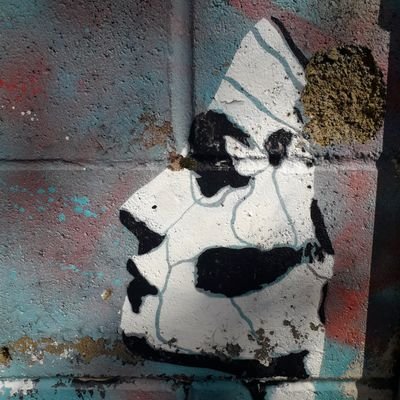We’re excited to introduce you to the always interesting and insightful Joseph Blythe. We hope you’ll enjoy our conversation with Joseph below.
Joseph , looking forward to hearing all of your stories today. How did you learn to do what you do? Knowing what you know now, what could you have done to speed up your learning process? What skills do you think were most essential? What obstacles stood in the way of learning more?
I’ve been a big believer, for a very long time, in learning the craft of writing – be that poetry, short fiction, novels, scripts in all their forms, whatever. I learned my craft at university (and I’ll say now – university isn’t the only place where you can learn your craft!) thanks primarily to two writers and lecturers, Steve Ely and Michael Stewart – poets, novelists, et al. They taught me the ins and outs of good writing, from the show/tell balance right through to writing cover letters, synopses and pitches. I concede that I was very fortunate to be taught by these two, because not everyone seems to have such a positive university experience, but they gave me freedom, guidance, feedback (never, ever, sugar-coated) and a place to express myself.
But I went in wanting to learn the craft. A lot of writers seem disinterested in doing so, which always blows my mind. You must. But I wasn’t the perfect student for it. I could’ve read more. I read LOTS, as my mum was a librarian for 28 years, but you can always read more. Had I pushed myself out of my comfort zone and read more poetry, more experimental literature, more classics, that’d have sped up my process. So that’s what I always recommend to young writers. When I’m giving anyone feedback, I always recommend something to read.
As for what obstacles stood in my way – myself. I failed my English Literature A-Level and was only given a place at university because a wonderful academic called Todd Borlik interviewed me at an open day and took a chance. But I was resilient, hardworking and took the opportunity given with both hands – and those are the skills that saved me.
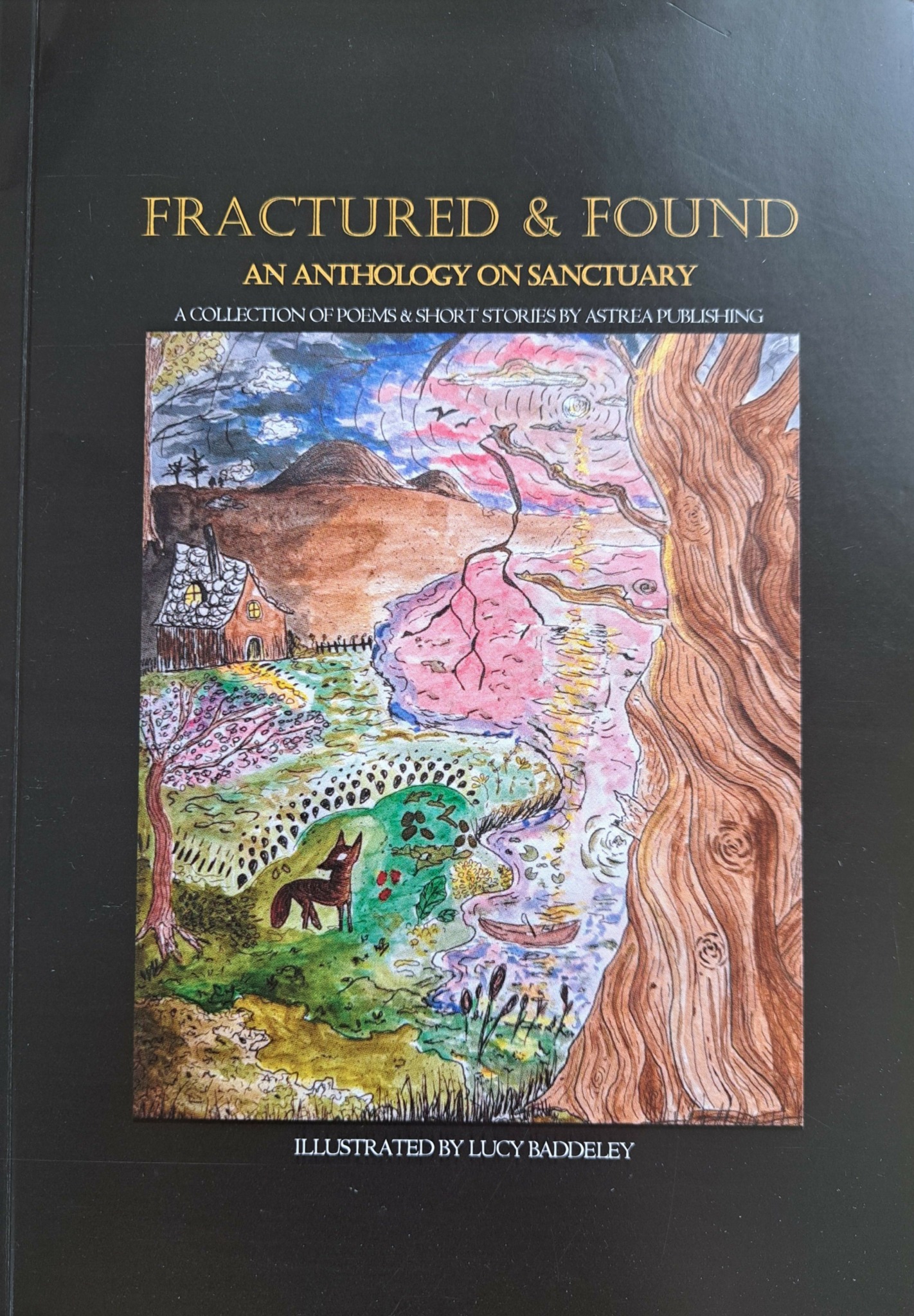
Joseph , love having you share your insights with us. Before we ask you more questions, maybe you can take a moment to introduce yourself to our readers who might have missed our earlier conversations?
I am a writer of prose and poetry from the north of England. My work has featured widely . My short stories have been in publications from Stand magazine, Grist Books, Astrea Publishing, Bitterleaf Books and more, while my poetry has featured in Pennine Platform, Ink, Sweat and Tears (where I won Pick of the Month for May 2025), Livina Press (several times, most recently issue 13), London Grip, Allegro Poetry and tonnes more. I see myself primarily as a novelist, and am approaching agents soon with my novel ‘The Heavy Sky’ while working on another called ‘Sunshine Days’ and putting the finishing touches to the first book in a fantasy series, called ‘Good Friday’.
Outside of all of this, I had/have editing roles. I edited for Grist Books for two anthologies, ‘We’re All In It Together: Poems for a DisUnited Kingdom (2022) and ‘Apocalypse Now: Stories for the End of the World’ (2024), and am on the team for The Infinite Blues Review, which is run by a good friend (and wonderful writer) from the States. I’m also an online tutor for secondary school students in the United Kingdom.
I got into this field in two ways: I was good at English in school, and my mum was a librarian. I wrote from the age of 5, where I crafted stories featuring me and Scooby-Doo. I spend my entire life either reading, writing (and submitting), tutoring English or talking to my literary friends about their writing/reading/studying. Everything I do is based around this. As for what sets me apart – that’s not for me to say, really. But I believe in my work, I constantly yearn to better my craft, and I’m driven. I write every single day, and go insane when something pulls me away from it. Hopefully my work makes someone feel something – disclaimer: I can’t promise it’ll make you feel nice feelings.
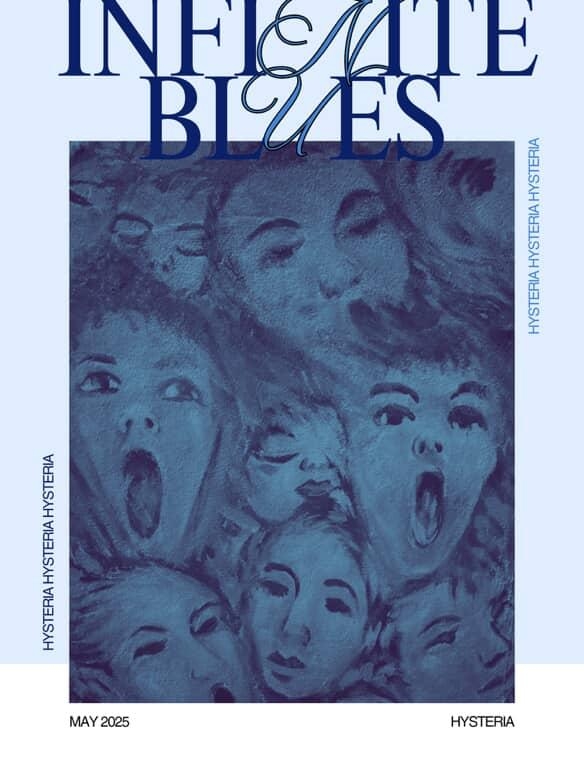
Is there something you think non-creatives will struggle to understand about your journey as a creative? Maybe you can provide some insight – you never know who might benefit from the enlightenment.
I think making art is a strange thing to want to do – and I use the word ‘art’ to mean anything creative in the slightest way. But think about it. We rarely get paid – for every Stephen King there’s an insanely talented kid whose going to get paid twenty quid for a short story, once – and, if we are successful, there’s critics in every field looking to dissect and dismember our work (and I say that with much love, particularly for literary criticism). What people struggle to understand, from the outside and the inside, is making art for you. I’d go insane if I didn’t write. That’s a fact. I write for me, first and foremost. Yes, I’d love it to sell a million copies and make me a rich man, but firstly I’m in my little office room, I’m clacking at the keyboard and I’m loving it.
Kurt Vonnegut once wrote back to some schoolkids who’d got in touch, and he told them to write a poem, then tear it up and throw it away. He wanted them to learn the enjoyment of art for art’s sake – or, art for the sake of your own enjoyment. That’s what I’d love for people outside artistic spheres to feel, but I also want artists to feel it. Don’t write for publication, awards, money, whatever. Write for personal gratification. That’s the only thing that’s guaranteed, but it’s also the best thing about it.
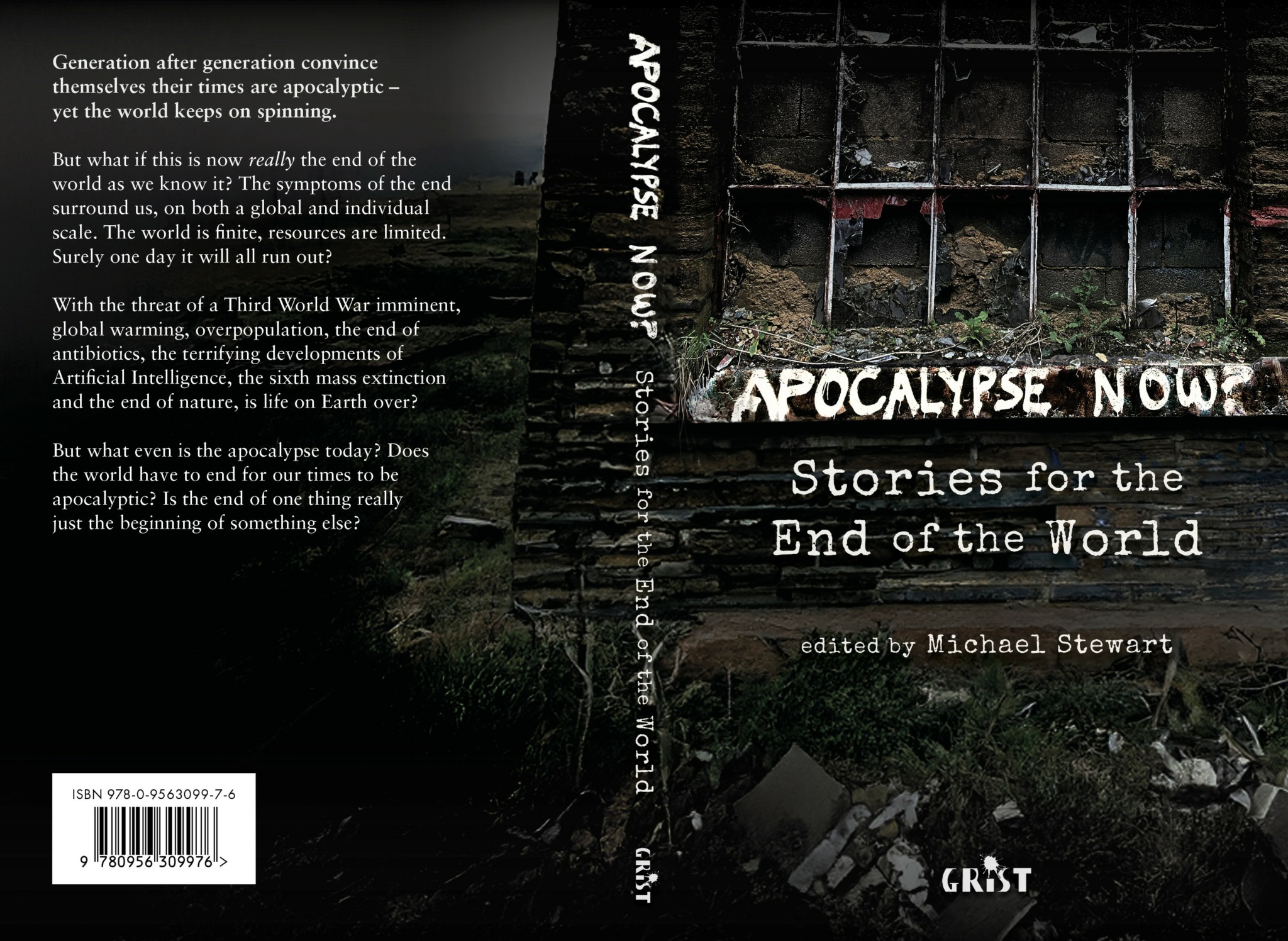
How can we best help foster a strong, supportive environment for artists and creatives?
Creatives don’t really ask for much – but I think they deserve a lot. Everyone loves TV and music and books, but not everyone can afford it. I don’t think the working person should have to fork out tonnes to be able to enjoy a book or an album, but the artist should be paid fairly. In my opinion, there should be a lot more support in scholarships and funding from the government to keep the rich artistic ecosystem of the UK alive. And if anyone says to me “why should our tax money pay for that?”, well, isn’t it better than paying for weapons that kill civilians? I know I’d feel a lot better filling out my tax forms if it was funding books instead of bombs.
Contact Info:
- Website: https://josephblythewriter.wordpress.com/
- Instagram: https://www.instagram.com/wooperark/
- Twitter: https://x.com/wooperark
- Other: BlueSky: wooperark,bsky.social
TikTok: josephblythewriter
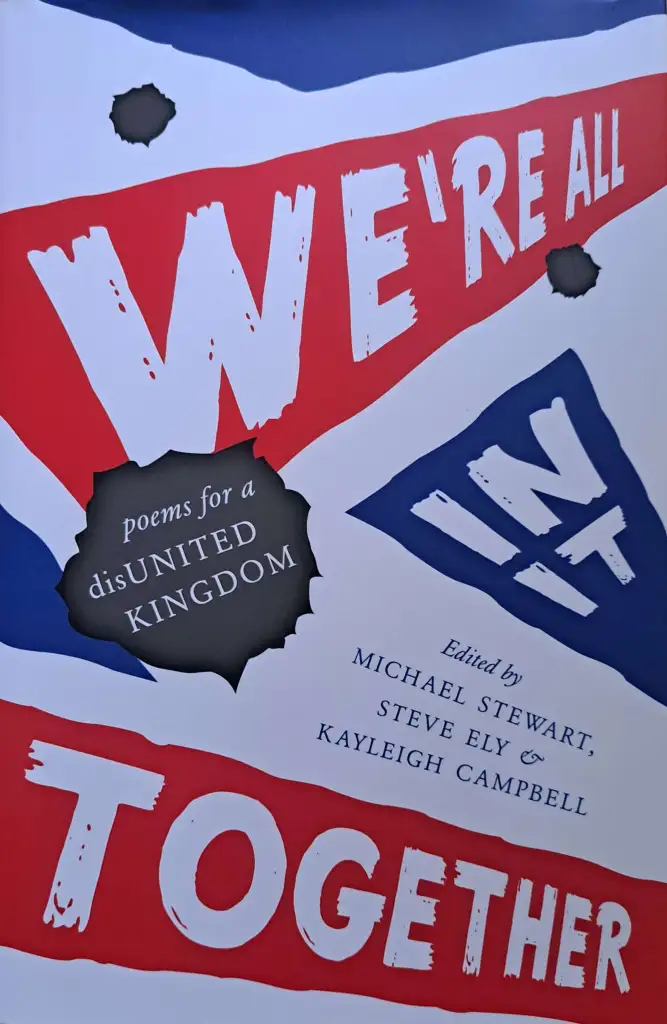
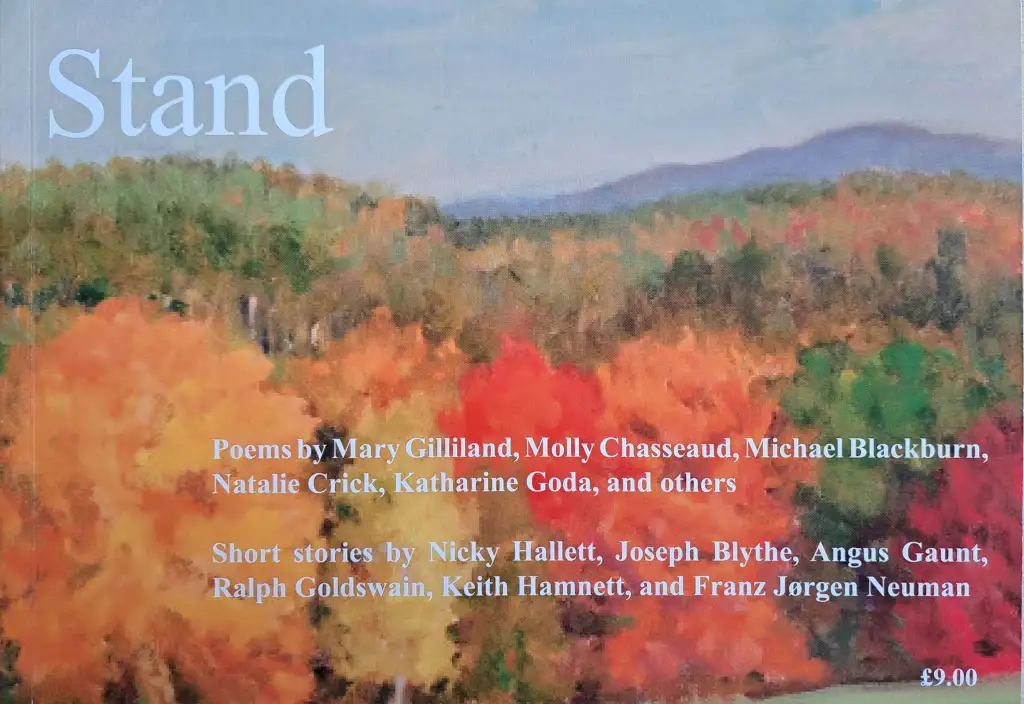

Image Credits
All photographs taken by Joseph Blythe (me)


